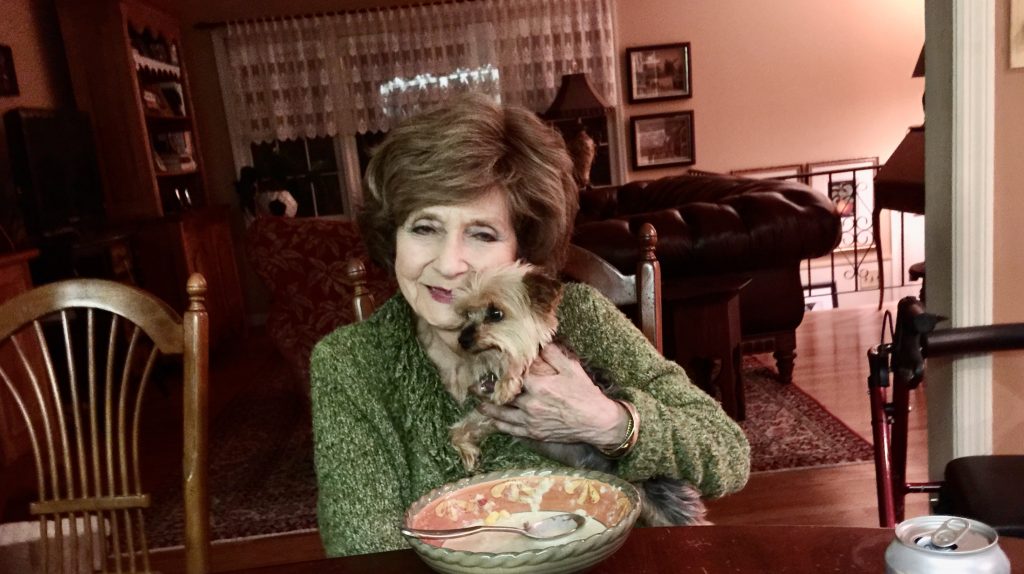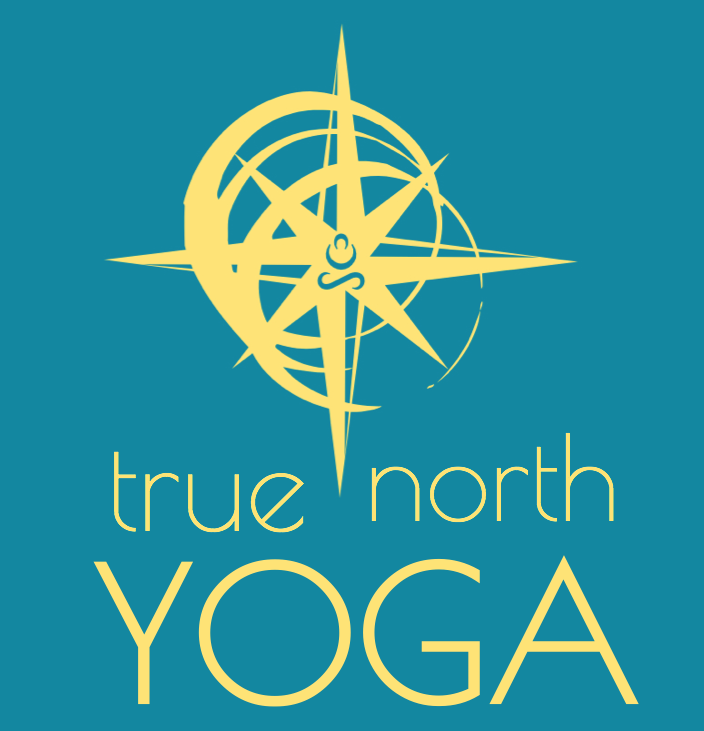
Yoga teaches us to be with what is. To let go of the past, let go of worry about the future. To be in the moment, this moment. To be here now. It is a wonderful philosophy, one that I love and do my best to embrace. It is easy and wonderful for us to be in the moment when things are going our way, when things are joyful. But how do we do this in times when it is not our choice, but we are forced to be with what is? Sometimes “being here now” is not such a good place to be. And that makes us feel powerless.
As many of you know, and some of you don’t, my mother has dementia. She has had a gradual decline, but this past year has been hard to watch unfold. This woman, with whom I have a complicated relationship, has been living in a nursing home in Illinois, and will not leave there alive. I know that this life is temporary, that we all have a terminal condition. I am at peace with us leaving at some point. She is 87 years old. She has been fortunate to have such a long life, and has had a wonderful attitude. However, watching her mind deteriorate and her body not cooperate have been extremely sad for me to witness. The body losing its energy, its prana, is hard enough to watch. My mother’s journey with dementia has been one of hallucinations, of old pains taking on new twists, of strange accusations that sometimes are purely fictitious and sometimes have a root in her struggles in this lifetime that did not get digested emotionally.
My mother has taught me many things over my life. But what has my mother taught me on her way out of this life? How is her journey out of this world important to my journey in it? We face our own mortality as our parents face theirs. She has taught me to be joyful when you can. That even in the worst of times, you can always find something to laugh about. Watching dementia unfold for her has taught me the importance of addressing the demons of mind. Those experiences that don’t get resolved continue to haunt us, continue to cause us grief. There really is no where that you can shove them where they won’t resurface.
In another time of deep struggle, my friend Karen Winkel had given me advice. “There is not much that you can do, but there is something you can do. Do that.” I go back to her words more than she will ever know.
So what can I do? I have done my best to take care of my mother. She is in a wonderful facility, they take great care of her physically. I have listened to my mother’s rambling mind, her dramas that take shape in such detail. It has been truly bizarre to witness her mind unraveling. She needed to speak what was happening in her mind. I have listened while she explained all the sadness, and sometimes joy, of her circumstances that she imagines. All are very real to her.
I can also take care of myself, as best that I can. I have come back to a daily yoga practice that I know that I need in order to walk this path. I am meditating daily. I am taking baths and caressing my physical body with oils to anoint myself. I am feeding myself heatlhy food that supports my digestion and nourishes me. I am spending as much time as I can outside, hiking, walking, biking. I am calling on the wonderful support system that I have with my closest friends. I am practicing self care.
It feels like there is a giant boulder in my path. I can push, but it only pushes back, unmoving. My mother’s journey out of this life is my obstacle. What blocks the path now is the path. My gift during her transition is that I can love her on her way out. I can navigate around the boulder. I can do what I can.
When you meet your obstacle, ask yourself what you can do. Do that. Be with what is, allowing it to flow through you, even when it is uncomfortable and painful. Take care of yourself. Do what you can. The obstacle is now the path. .
